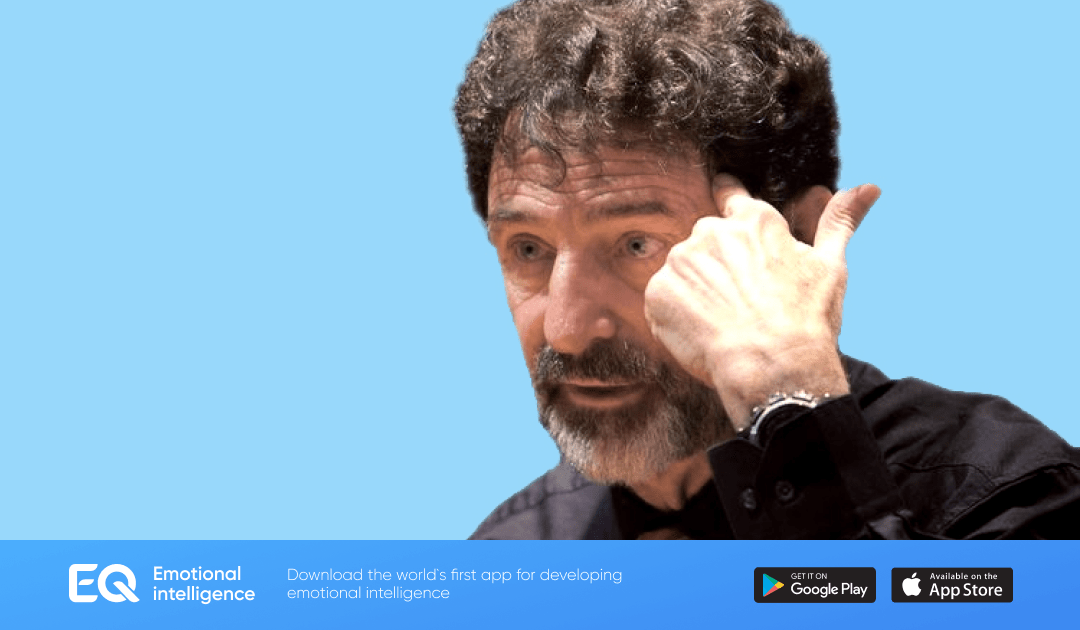Israeli psychologist Reuven Bar-On is one of the leading theorists and researchers in the field of emotional intelligence.
Darwin’s early work on the importance of emotional expression for survival and adaptation influenced the current development of the Bar-On model, which both emphasizes the importance of emotional expression and views the outcome of emotionally and socially intelligent behavior in Darwinian terms of effective adaptation.
In his perception, the term EI embodies: “the intersection of interrelated emotional and social competencies, skills, and facilitators that influence intelligent behavior.”
There are five main markers of emotional and social intelligence according to Bar-On, namely:
- Interpersonal relations, empathy, social responsibility
- Problem-solving, reality check, impulse control
- Emotionality, assertiveness, independence
- Self-respect, self-actualization, emotional self-awareness
- Flexibility, stress resistance, optimism
The Bar-On model provides a theoretical framework for the EQ-i, which was originally developed to assess various aspects of this construct as well as to explore its conceptualization. According to this model, emotional-social intelligence is the intersection of interrelated emotional and social competencies, skills, and facilitators that determine how effectively we understand and express ourselves, understand and relate to others, and cope with daily needs.
According to this model, being emotionally and socially intelligent means being able to understand and express oneself effectively, understand and relate well to others, and successfully cope with daily demands, challenges, and pressures. It is based, first of all, on the intrapersonal ability of a person to be aware of himself, to understand his strengths and weaknesses, as well as to express his feelings and thoughts in a non-destructive way.
When properly applied, the model predicts factors such as academic performance, career path, didactic and organizational effectiveness, professional effectiveness and leadership, and even psychological/physical health and well-being.


Recent Comments